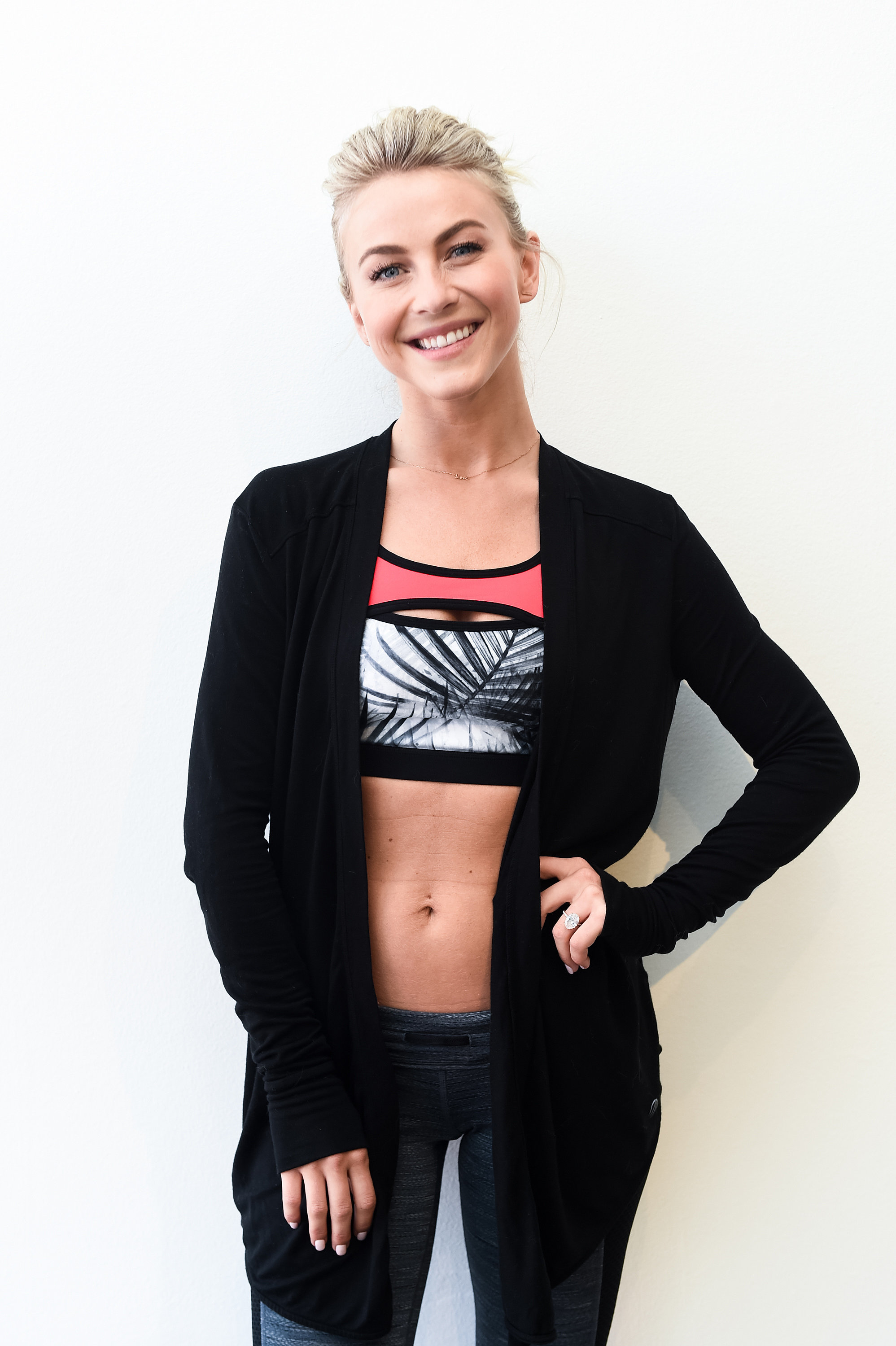Cruciferous vegetables, such as kale, contain compounds believed to protect against cancer.
The scientists who developed the method say this could mean that food logs will be no longer necessary. Food logs are used in population studies examining the effects of diet on cancer, and they are not fully reliable.
The new test could help to identify foods that help to prevent cancer.
According to the National Institutes of Health (NIH) National Cancer Institute, cruciferous vegetables – such as arugula, cauliflower, kale, rutabaga, collard greens, cabbage, Brussels sprouts, broccoli, bok choy and watercress – are a good source of fiber and nutrients, including several carotenoids, vitamins C, E and K, folate and minerals.
They also contain glucosinolates. These chemicals contain sulfur, which gives rise to the pungent aroma and bitter taste of the vegetables.
When these glucosinolates are broken down during preparation and digestion, they form a number of compounds, including indoles, nitriles, thiocyanates and isothiocyanates (ITCs).
Previous research has focused on indole-3-carbinol, an indole, and sulforaphane, which is an ITC, as they are believed to protect against cancer.
Anticancer effects of isothiocyanates in cruciferous vegetables
In animal studies, indoles and ITCs have inhibited cancer development in the bladder, breast, colon, liver, lung and stomach.
The compounds are believed to protect cells from DNA damage, inhibit carcinogens and exercise antiviral, antibacterial and anti-inflammatory effects. They also appear to induce cell death and work against tumor blood vessel formation and tumor migration.
Researchers at Georgetown Lombardi Comprehensive Cancer Center in Washington, DC, focused on cruciferous vegetables, which are important in the Asian diet.
A study of over 63,000 middle-aged and older people in Singapore has indicated that these vegetables may protect against cancer. That study began in 1993 and looked at how diet impacts cancer and other disorders.
Participants responded to a 165-item questionnaire about how often they ate which kinds of food. The subjects were followed up over a number of years through telephone calls, and in 2005, they provided biospecimens.
The urine donations provided evidence that compounds from cruciferous vegetables might protect against cancer. The same urine was used in the current study to assess the new tool.
The study from Singapore was led by Dr. Jian-Min Yuan, PhD, from the University of Pittsburgh Cancer Institute, who also co-authored the present study.
The new urine test looks for specific ITCs and other compounds, and it can detect the strength of each. The varying strengths may mean different levels of protection.
Lead author Marcin Dyba, PhD, explains that the test could be the first tool to show exactly which ITCs are most effective. Food logs do not reflect how and why the compounds work.
Dyba says:
“We know these foods are beneficial to health, and the 10-minute method we developed, which can test for the presence of specific compounds linked to these vegetables, will help researchers quantify exactly how much of these molecules are being consumed.”
There are plans to test the method in animals. If results show that the compounds offer significant protection against cancer, this could lead to recommendations for stronger dietary guidelines or dietary supplements.
Medical News Today reported last year that luteolin could help prevent breast cancer. Luteolin occurs in vegetables such as celery.
Source: Rapid urine test could replace food logs : Medical News Today




